|
Anxiety and stress in teens is an epidemic, and has been well-documented. A 2014 survey revealed that 83% of teens reported school-related stress. Now with COVID-19, increases in gun-violence and racial tensions, the numbers are likely to be even higher. Are there some things that teachers can do to play a role in their student’s mental wellbeing? This article will point to several strategies that can and will make a difference.
Firstly, as parents and teachers, it is important to take a look at our own fears around Covid-19 and school....
0 Comments
At a time when anxiety and depression are rampant in our youngsters, helping them to understand their feelings can go a long way to relieving these debilitating problems.
Children do need to be allowed to feel their feelings and we can help our children to labeltheir feelings. However, we help them to understand where their feelings are coming from when we don’t validate them. In other words, it is OK for my child to feel angry when his best friend breaks his toy, but it’s best not to agree that the anger was because his friend broke his toy. We are never upset for the reason we think. Are your children anxious about Covid-19?
Are your own stress levels increasing with each newscast? Are you wondering how to help your children to calm their worries? We are living in unprecedented times. The world has changed seemingly overnight and we don’t know where this is all leading. Uncertainty about the future tends to provoke anxiety in adults, which is then picked up by our children. One of the best ways to beat anxiety is to have something that you can do right away to calm down. Studies have shown that smiling, being grateful, taking deep breaths and helping others are all powerful ways of relieving stress and reducing anxiety. Here are six tips that you can teach your children and then give them a ‘tool kit’ as a tangible reminder of how to relax whatever the circumstances. You’ll likely have most of these items around. “Your thoughts and the words you use about a child will at some stage become the thoughts and words that the child thinks about himself”
–Chen Miller Labels act a lot like negative beliefs. Children become their labels. The bad kid in a family will be the bad kid in the family, the klutz will be the klutz until freed of those labels. Children who are labeled as learning disabled may cease trying and feel that they have no hope because they have been given an excuse for low expectations. Is there a way to reduce the impact of labels? Wow, I’m rapidly approaching the finish line with my book. In fact, the proof copy will have arrived by the time you read this! There are still a few glitches that will need straightening out, but we’re nearly there. My team has been amazing getting the editing, cover, interior layout and e-book conversion done so quickly. What a long process this has been!
What if we really could raise children to be bully-proof – neither bullies nor victims? It must be worth a try.
What if we’ve got the bully / victim story completely wrong? This blog presents a radically different solution. In this blog, I’ll explain the root causes of bullying and why punishing the bully and commiserating with the victims actually makes matters worse. I’ll show what both bullies and victims gain from their experience, and suggests five strategies for parents and teachers that will help raise children who are less likely to be bullies and unlikely to be picked on as victims. “Mommy, I’m Bored!” Now that it is mid-summer and the children are not in school, there’s a good chance you’ll have heard the words: “I’m bored!”. There’s a likelihood that it’ll trigger you in some way and cause an irritation or worse. Perhaps you’ll feel guilty “Oh no, I’m not a good parent –otherwise my child wouldn’t be bored –I haven’t provided enough activities or encouraged sufficient independence for them to find something to do on their own!”
Job #1 then, is to process your own upset over the statement. Remember it’s about In the previous posts, I have established that we all grow up with barriers to love that can be removed when we tackle our negative beliefs. In this week’s post, I’ll explain give some strategies for helping your children to own their Inherent Worth so that they can receive the love that you offer.
A child who has a strong belief that he is not good enough, bad, unworthy or any other belief, will find it impossible to let love in. That child will think, consciously or unconsciously “If only you knew how bad, unworthy, unlovable (fill in the blanks) I am, you would not choose to love me. You have to say you love me because you are my parent, but I can’t believe it.” This is the subconscious thinking of any child who has a strong negative belief about themselves. We may not be able to tell what that belief is, so the antidote to all negative beliefs is to own our Inherent Worth. We cannot be Inherently Worthy and unlovable or worthless at the same time. Therefore, it is imperative that parents spend some time helping their children to tune into their Inherent Worth. “Smile at everyone you meet, the gift of life will then be yours to give” - Nachman of Bratslav
When was the last time someone smiled at you? How did it feel? How do you feel when you smile at others? Have you ever smiled at someone across a crowded room and felt as if you’ve shared a ‘moment’ that is precious? “Smile more – you won’t regret it!” That’s the advice I give parents who are having challenges raising their children. The reason? When things go wrong and life feels tough, it is easy to forget to smile, but our children are nourished by our smiles. Here are a few things smiles communicate to them: By Anne Andrew PhD
Children develop negative beliefs about themselves between birth and age 6 or 7, which unchecked can lead to negative behaviors such as addiction, bullying and depression. These negative beliefs make up the person they think they are. How do negative beliefs get started? When I was four or five, I was on a summer holiday on the coast, with my mom and dad and my brother. This particular day, we were taken to the dock where there was a great big wooden galleon. I could hardly believe my luck that we were going to go on board and sail away! I held tightly onto my mom’s hand as we climbed the steep gangplank and the sailor at the top helped me jump down onto the deck. When all the passengers had assembled, the captain told us, “Welcome to the Hispaniola! We’ll be heading to Treasure Island, where there are gold coins buried somewhere beneath the sand.” |
Author I know firsthand the emotional and financial costs of having a troubled teenager and I don’t want that to happen to you. That's why I wrote my book What They Don't Teach in Prenatal Class: The Key to Raising Trouble-Free Kids and Teens (available on Amazon). Archives
April 2022
Categories
All
|
get in touch
Email: [email protected] Tel: (1) 604 720 2776
Sign Up to my newsletter
Get information and articles about how to raise happy, mentally-healthy, and addiction-free kids!

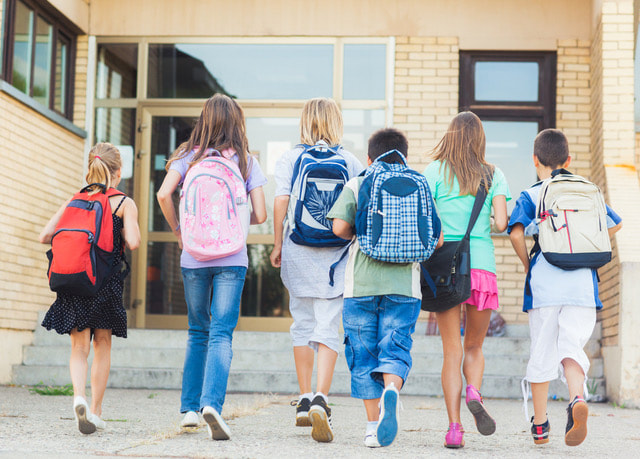
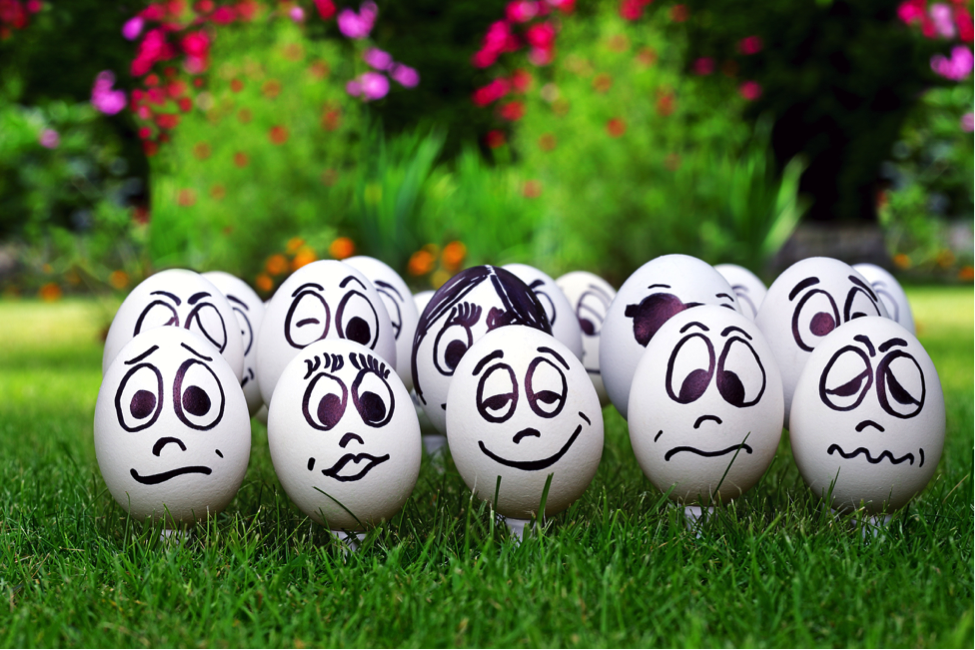
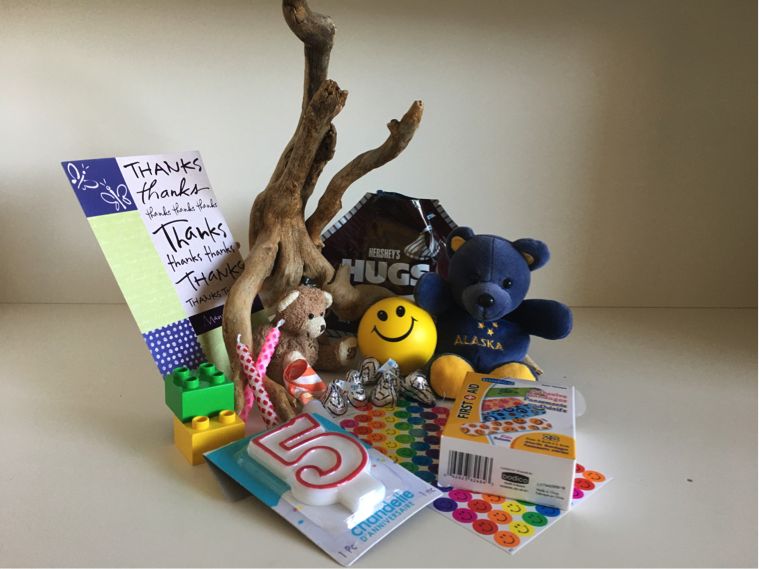

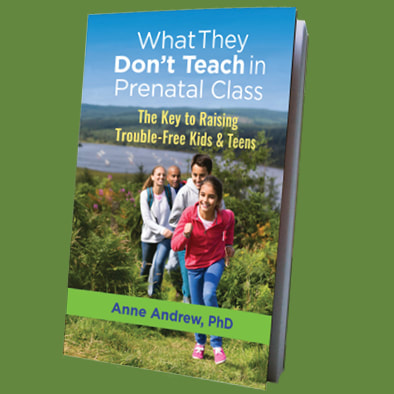
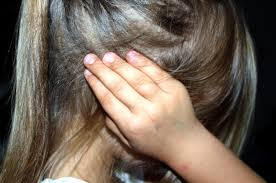
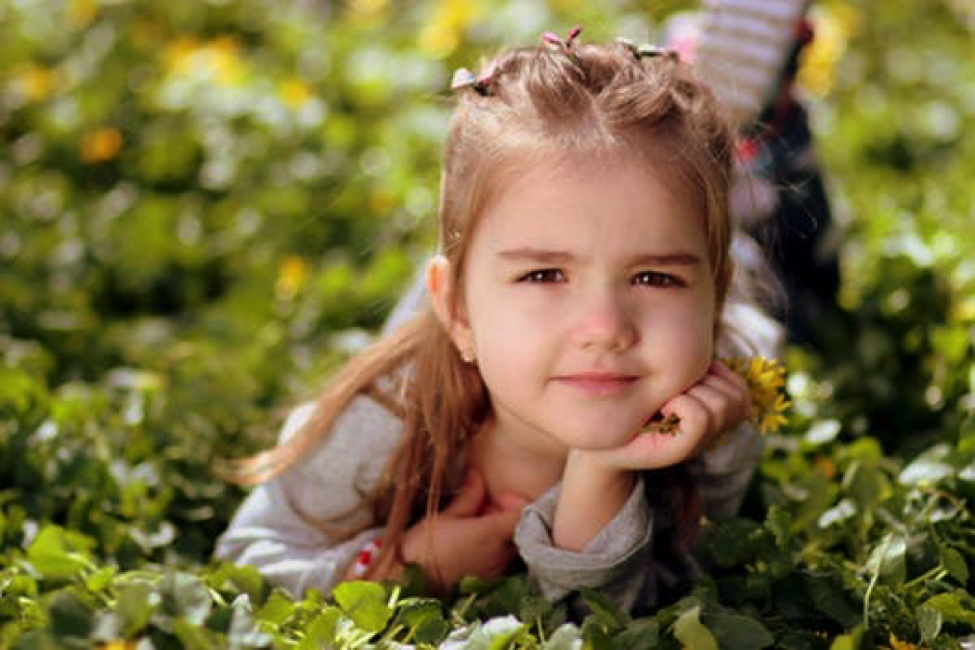

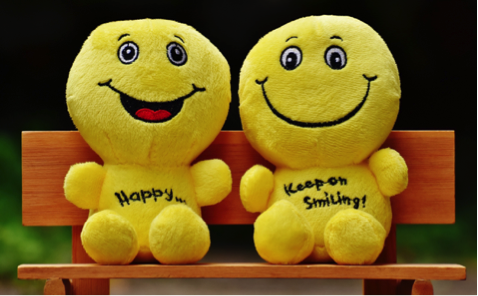
 RSS Feed
RSS Feed